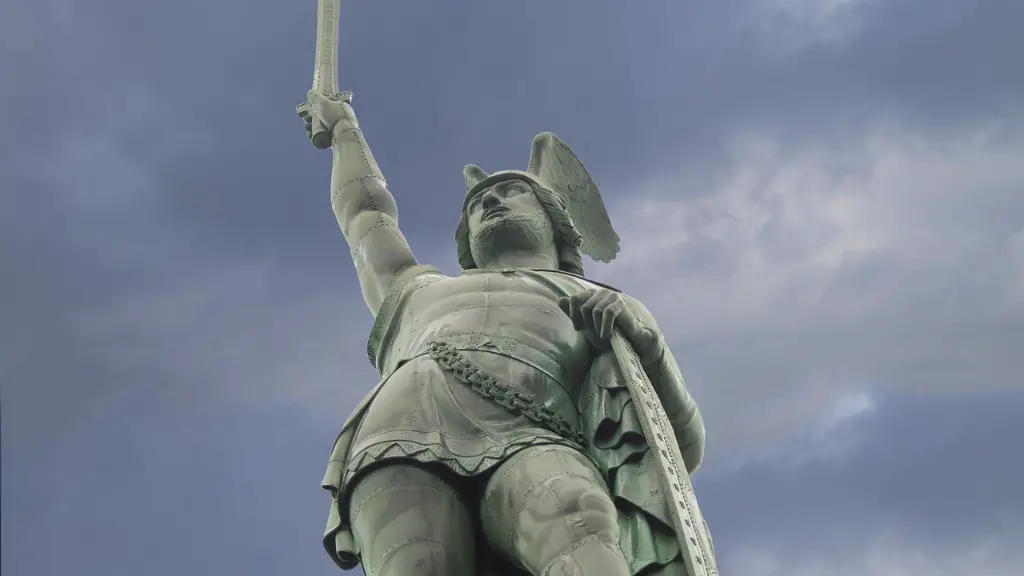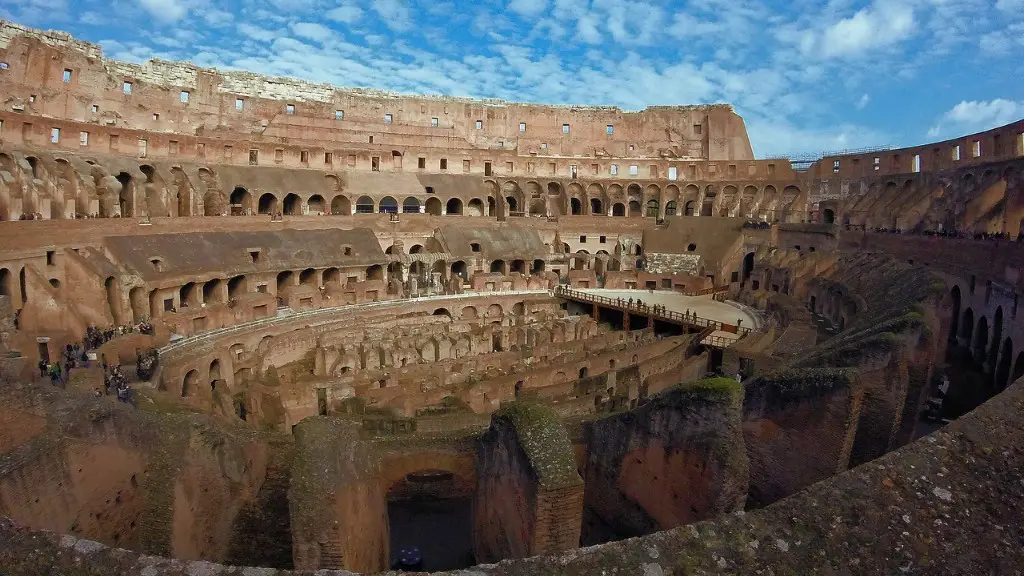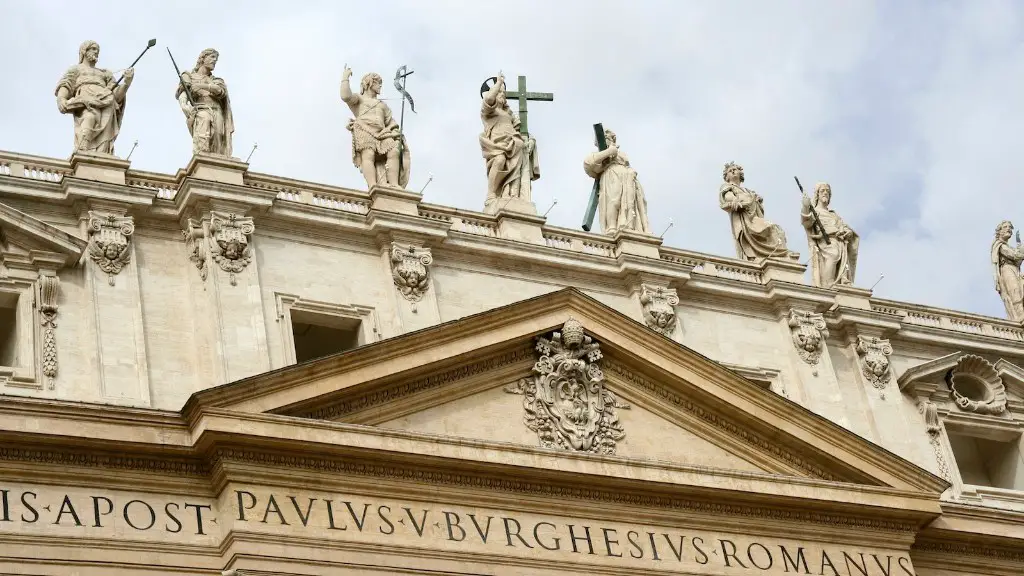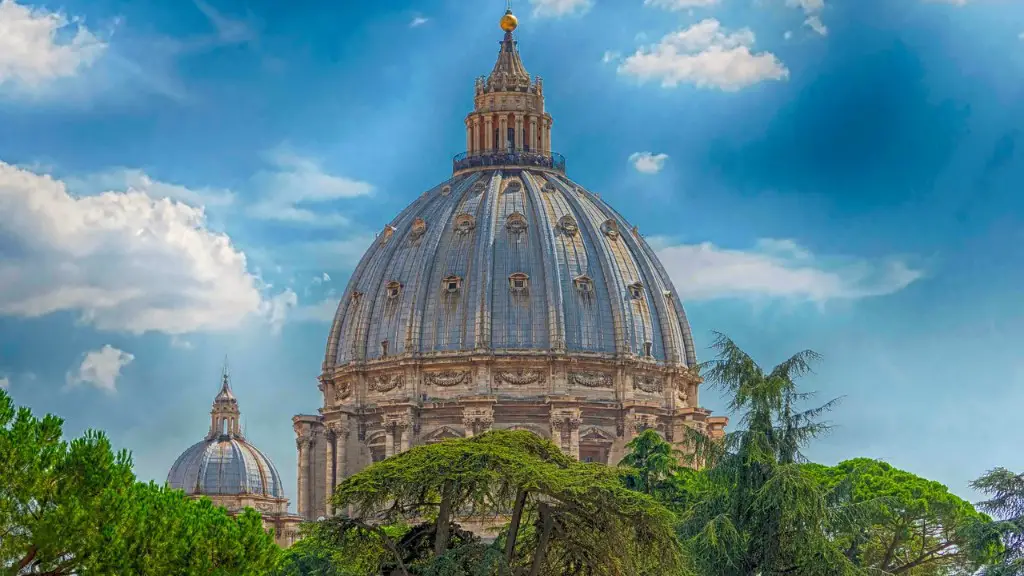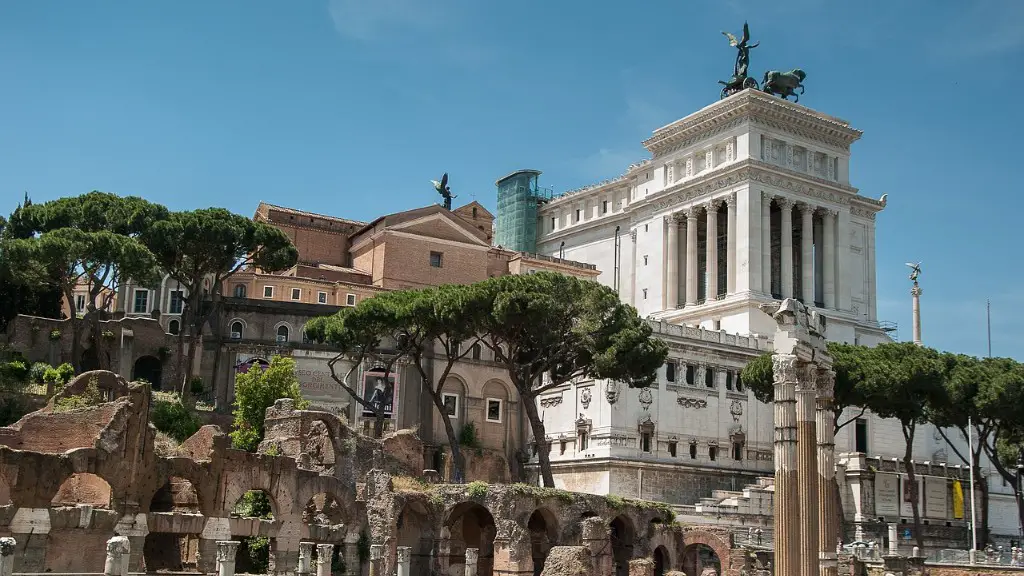People living in ancient Rome were divided into two distinct social classes: the patricians and the commons. While their socioeconomic roles were drastically different, their impact on the culture and society at large was equally as pronounced. So who exactly were the commoners in ancient Rome?
In general, an individual could be considered a commoner if they did not belong to the ruling class of noble patricians. Commoners were typically from the lower echelons of society; labourers, artisans, farmers, and soldiers, amongst others. However, the definition of ‘commoner’ in itself was quite amorphous; depending on the location, it may have included wealthy individuals who had a higher social standing than the plebeian, or those from lower economic backgrounds.
The commons were the backbone of ancient Rome’s economy and its military. They served in the Roman armies, which were composed of citizens who had volunteered and were obliged to serve in times of war. Farmers provided food for the population, and craftsmen created functional goods. Labour was usually paid with coins or goods, or simply through subsistence.
Though their legal status and rights were limited, the commons had the right to vote, elect their own officials, and call a “tribunician assembly” in order to formulate and pass laws. This assembly was known as the Concilium Plebis and was key to the political system of citizen councils.
The daily lives of the commons revolved heavily around their economic circumstances. Those who worked in manual labor jobs such as masonry and other construction projects typically worked for small wages and had little control over the terms of their employment. Those working in agriculture, on the other hand, were typically independent farmers, who held their own plots of land and farmed individual crops.
In addition, commoners were heavily involved in religious ceremonies and festivals, which were a major part of life in the ancient Roman world. Religion was central to Roman life and a variety of festivals, rituals and ceremonies took place on a regular basis. Commoners were often tasked with maintaining the shrines, temples, and sacred groves as part of their duties as citizens.
In some cases, the commoners of ancient Rome had social privileges that the noble patricians did not. For example, commoners were usually allowed to marry outside of their social class, whereas patricians were not. This allowed commoners to leverage the strength of their numbers to better their status.
Overall, the commons had an undeniable impact on ancient Rome, from the economy to religion and beyond. Without their contributions, it is impossible to envision what the city would have looked like, and what its fate would have been.
Socioeconomic State
The socioeconomic status of commoners was far from equal. Those with higher economic means had more opportunities and influence than their poorer fellows. Those with the silver coins to obtain their freedom from patrician-owned farms or employments had a better chance at his or her own success. The traditional manual labourers, however, usually had to depend on their masters’ favours in order to make a living. The feudal system maintained by patricians kept people in a state of perpetual servitude, which bred discontentment and distrust towards those in power.
The Tumult of the Orders, which began in 495 BC, is the most striking example of this divide. It began due to a conflict between patricians and plebeians concerning their respective statutes and political powers. The plebeian class wanted to be represented in the Senate and have equal rights, while the patricians did not want to cede any authority. The result was a civil war, with both sides engaging in fierce skirmishes and heated debates, before the plebeians emerged victorious.
The aftermath of the Tumult of the Orders brought a new set of laws known as the Twelve Tables, which sought to reduce the power of patricians and placed limits on their rights. Despite this, the plebeians still remained in an inferior state and were usually denied a voice in the Senate or in politics.
Religion
Religion had a strong influence on the everyday lives of commoners in Rome. Commoners had access to the same temples and holy sites as the patricians, and could practice the same rituals. Commoners also aided in the religious ceremonies associated with festivals like the Saturnalia and the Lupercalia.
Roman religion provided incentives for the population, including religious holidays like the Saturnalia which provided a rare opportunity for rest and relaxation for the common folk. Additionally, many of the largest festivals and other religious activities typically incorporated elements of public drinking or feasting, providing an opportunity for the plebeians to enjoy a break from the toil of everyday life.
Furthermore, it allowed patricians and plebeians to come together in order to worship the same gods and celebrate their victories as a unified people. This helped foster a sense of pride and community in Rome and many of the religious rituals were seen as a way of honouring their shared lineage and heritage.
Religion and Social Status
The social status of commoners was strongly influenced by religion. Even though plebeians had their own temples and gods, patricians typically viewed plebeians as being of lower social standing. Part of this may have been due to their lack of access to the higher echelons of the religious hierarchy, as priests, augurs, and other religious authorities were overwhelmingly drawn from the patrician class.
At the same time, religion had a unifying effect on the population of Rome as a whole. Commoners had their own gods, but often these gods were related to or were the same as those of the patricians. This shared reverence helped create a sense of solidarity and identification with the people of Rome, regardless of class.
While religion was largely a unifying force, the plebeians did often experience a sense of exclusion due to their lower socioeconomic standing. This was particularly evident during religious festivals, in which the patricians often assumed the leading roles. As a result, commoners could feel that their contributions were overlooked, though their presence and support was still important.
Impact of the Commons
The impact of the commoners in ancient Rome was enormous. They were the main labor force, providing the food, labour, and military strength that allowed the Empire to expand and prosper. They maintained the shrines and temples, and ensured the continuity of religious ceremonies and festivals. They voted, elected their own officials, and called assemblies in order to formulate and pass laws. As a result, their presence and influence were felt in nearly every aspect of life in Rome.
Without the contributions of the commoners, the Roman Empire might not have been able to achieve the size and grandeur it did. Commoners could rely on the strength of their numbers to increase their own status and better their lives. Ultimately, their influence and impact was absolutely essential in creating the prosperous and powerful city-state of Rome.
